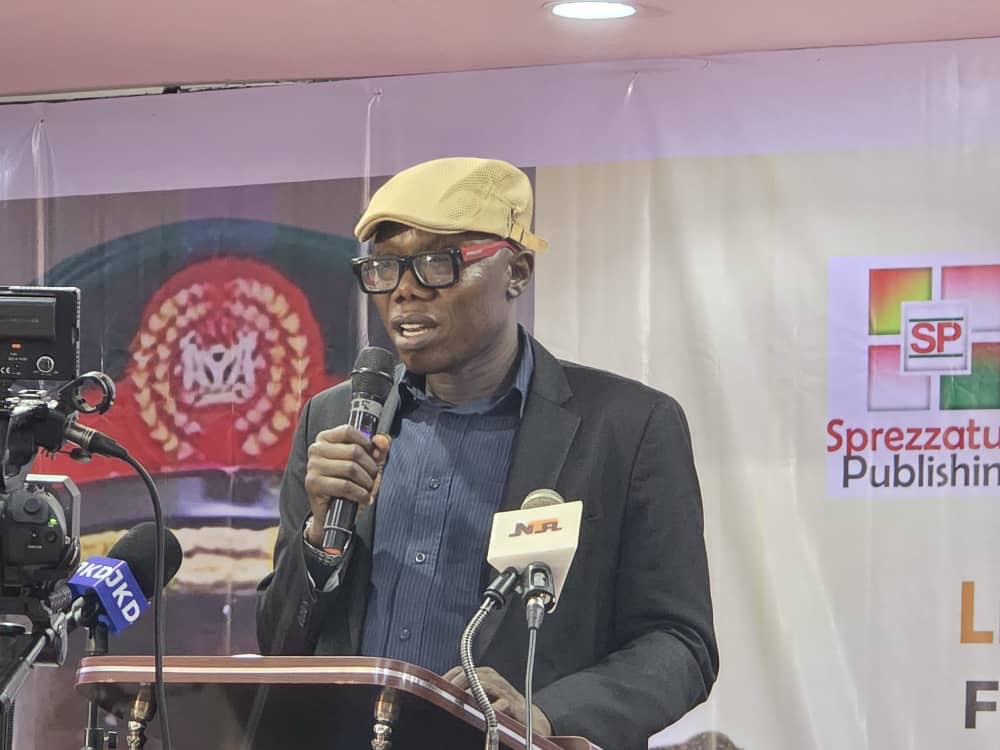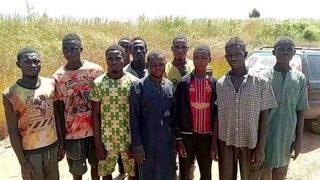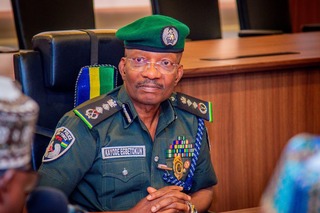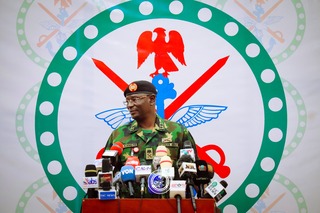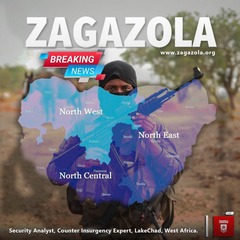Author links human development to peace, draws leadership lessons from Buratai’s life
By: Zagazola Makama
Dr. Muhammed Sani Abubakar, a peace scholar and author, has urged governments at all levels to prioritise human development as a strategic tool for addressing terrorism, violent extremism, and other security threats.
Abubakar made the call on Wednesday in Abuja during the public presentation of his new book, Life Principles for Greatness from the Life of Lt.-Gen. Tukur Yusuf Buratai, a work inspired by the leadership philosophy and personal values of the former Chief of Army Staff.
The author argued that the link between poverty, weak human capital, and insecurity is undeniable, pointing to global data as proof that economic and social progress are the bedrock of peace.
“Global experience has shown us a consistent pattern,” Abubakar said. “Countries that have invested in human development like Hong Kong, Iceland, the Netherlands, and the Scandinavian states are always at the top of the Global Peace Index. They have high GDP, high literacy rates, low poverty, and low crime. You will hardly see them on the terrorism charts.”
He contrasted this with nations such as Niger, Mali, and Somalia, where poverty levels remain high, economic opportunities are scarce, and access to quality education and healthcare is limited.
“These countries unfortunately rank high on the Global Terrorism Index,” he explained. “It is not by accident; it is a direct reflection of their human development challenges. If we truly want to end terrorism, insurgency, and even pandemics, we must invest in our people in education, employment, healthcare, and social security.”
Abubakar said the idea for the book emerged during his doctoral programme at the Abuja Leadership Centre, University of Abuja, where one requirement was to design and execute a leadership training initiative in his home state.
He chose to host the training at Concordia College, Kareola, bringing together 150 students from 13 secondary schools in the area. The one-day event covered a broad range of topics including patriotism, moral courage, time management, the pursuit of excellence, and how to deal with rejection without losing focus.
“My supervisor told me, ‘Give your project a human face.’ He suggested that I use a living example to make leadership principles more relatable to young people. I thought immediately of Gen. Tukur Yusuf Buratai,” he said.
Abubakar described Buratai not only as a mentor and teacher, but also as a leader whose strategic command was instrumental in the Nigerian Army’s significant gains against Boko Haram insurgents in 2016.
“I have had the privilege of personal conversations with him,” the author recalled. “He once gave me advice on saving money, on being patient, and on trusting God in all things. It was more like a father speaking to his son. He challenges you to achieve what seems impossible but equips you with the tools and moral compass to do it.”
The book distills these lessons into core values such as perseverance, humility, discipline, fiscal prudence, and deep faith in God principles that Abubakar believes are critical for Nigeria’s next generation of leaders.
In his closing remarks, Abubakar said he hopes the book will inspire Nigerian youth to develop character, embrace hard work, and commit to nation-building despite the challenges facing the country.
“I want every young Nigerian who reads this to know that greatness is possible,” he said. “Our security challenges are not insurmountable if we focus on building our human capital. That is the foundation of peace.”he said.

